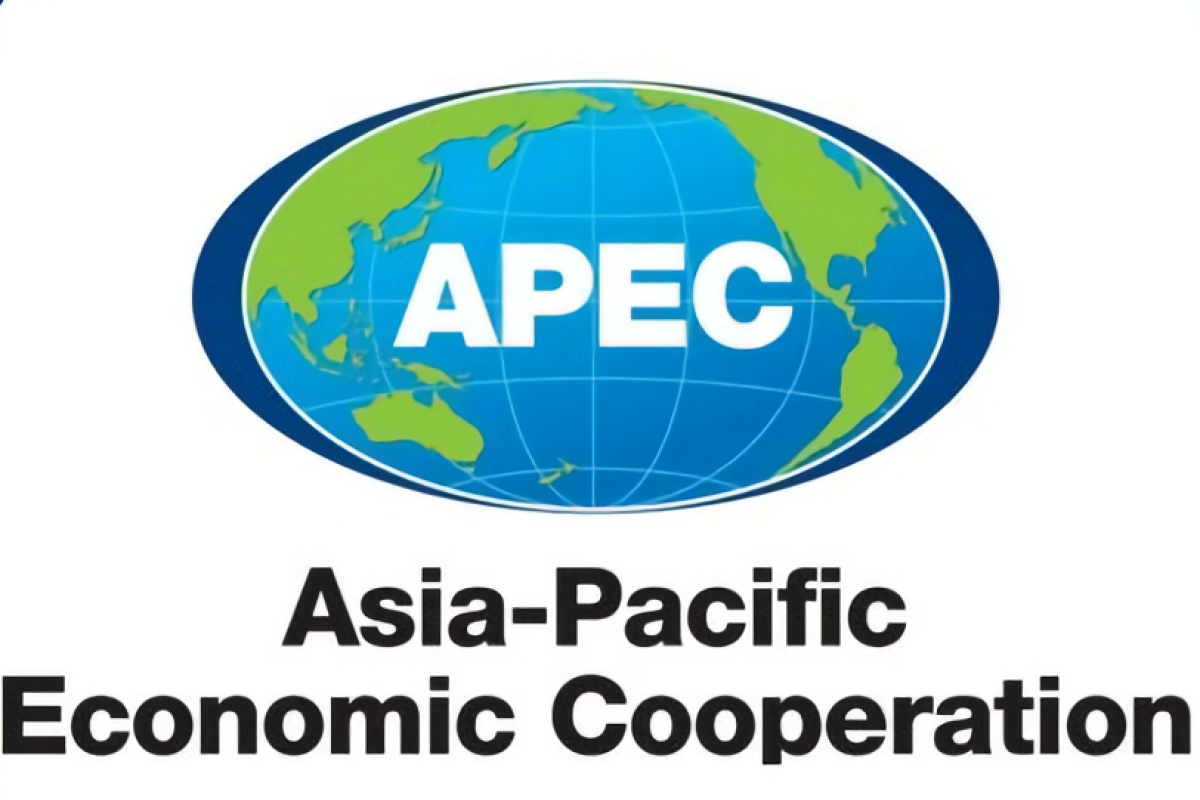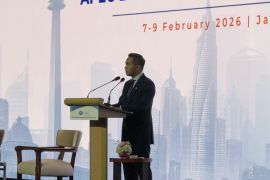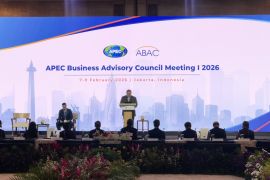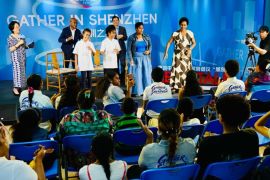"We will observe the completion of our long-term goal of free and open trade known as the Bogor Goals at the end of this year. The question for us now is where do we go next?" Maria noted while addressing senior diplomats and business leaders at a panel discussion on the future of global trade hosted by the Asia Business Trade Association.
Since 1994, the Bogor Goals have inspired APEC's member economies to pursue individual and collective action to reduce barriers to trade and investment.
Those efforts have led to a region-wide reduction in average tariffs, at 17 percent in the 1980s to some five percent today.
"We will take stock of what we have done for the past 30 years and work closely together to draw the next phase of the vision that will guide the forum for the next decades," she stated.
APEC has been making preparations for this transition. Three bodies -- the APEC Vision Group, the APEC Business Advisory Council, and the Pacific Economic Cooperation Council -- have respectively issued recommendation reports for the forum’s next direction.
"There are common threads throughout the reports, including trade and investment liberalization, regional economic integration, sustainability, the digital economy, and skills," Maria remarked.
During the discussion, Maria highlighted APEC’s substantial achievements in 2019 -- Chile’s host year -- that include roadmaps for women and inclusive growth; marine debris; and combatting illegal, unreported and unregulated (IUU) fishing.
During 2020, APEC economies will be deliberating on action plans to operationalize the roadmaps, led by Malaysia, as the host of APEC this year.
The first senior officials meeting, to kick off APEC 2020 in earnest, will be held on Feb 3-22 in Putrajaya, Malaysia.
Related news: Malaysia begins APEC host year in Putrajaya
Related news: Inclusion, sustainability should be cornerstones of policies: APEC
Reporter: Yuni Arisandy Sinaga
Editor: Rahmad Nasution
Copyright © ANTARA 2020












